
Why Just 100 Words Can Change Your Chinese
Many learners study Chinese for a long time but still feel stuck. This article explains why focusing on common words first can make Chinese feel familiar and easier.

Beat the “I’ll Forget It Anyway” Fear
Many Chinese learners fear forgetting new words. This post shows a simple way to build real memory through review and use, without stress.

🍁 秋分 Qiūfēn – When Day Meets Night
On the day of 秋分 (Qiūfēn), daytime and nighttime are perfectly balanced. Learn how this solar term celebrates harmony in nature, harvest traditions, and cultural insights in China.
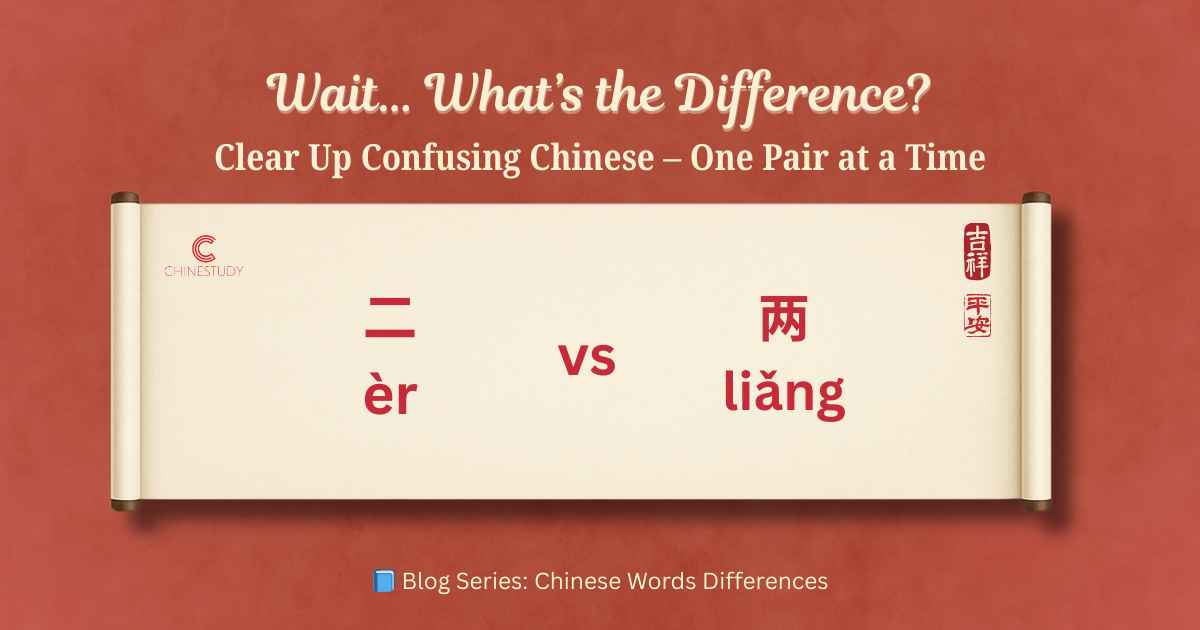
✌️ 二 èr vs 两 liǎng – What’s the Difference?
Think both 二 (èr) and 两 (liǎng) mean “two”? Yes, but they’re not the same! Learn the difference and when to use each one with real examples and easy tips.

❄️ 白露 Báilù – When Dew Turns White
White Dew (Báilù) marks the arrival of real autumn in Chinese culture. Explore its meaning, traditions, and how it reflects the beauty of seasonal change.

💕 七夕 Qīxī – When Love Crosses the Stars
A love story that defies the heavens — discover the legend of 七夕 (Qīxī), the romantic festival behind Chinese Valentine’s Day. 🌌
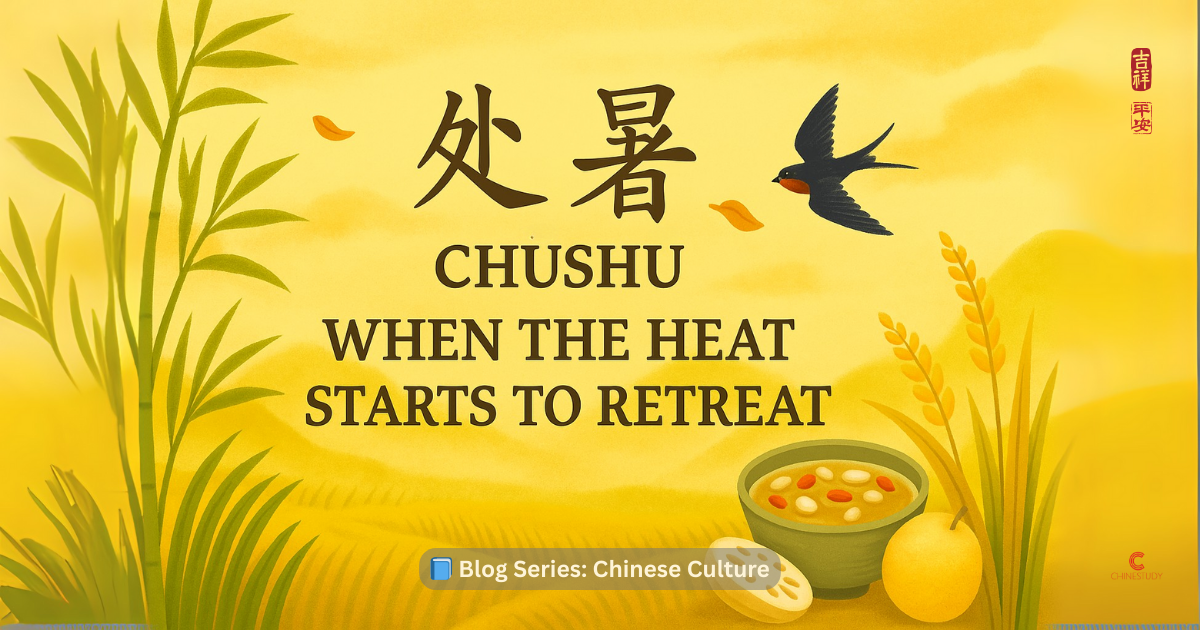
🌾 处暑 Chǔshǔ – When the Summer Heat Starts to Fade
Ever felt the summer heat slowly loosen its grip? That’s Chǔshǔ (处暑) whispering, “It’s almost over.” But don’t let your guard down too soon—autumn still hides its surprises.
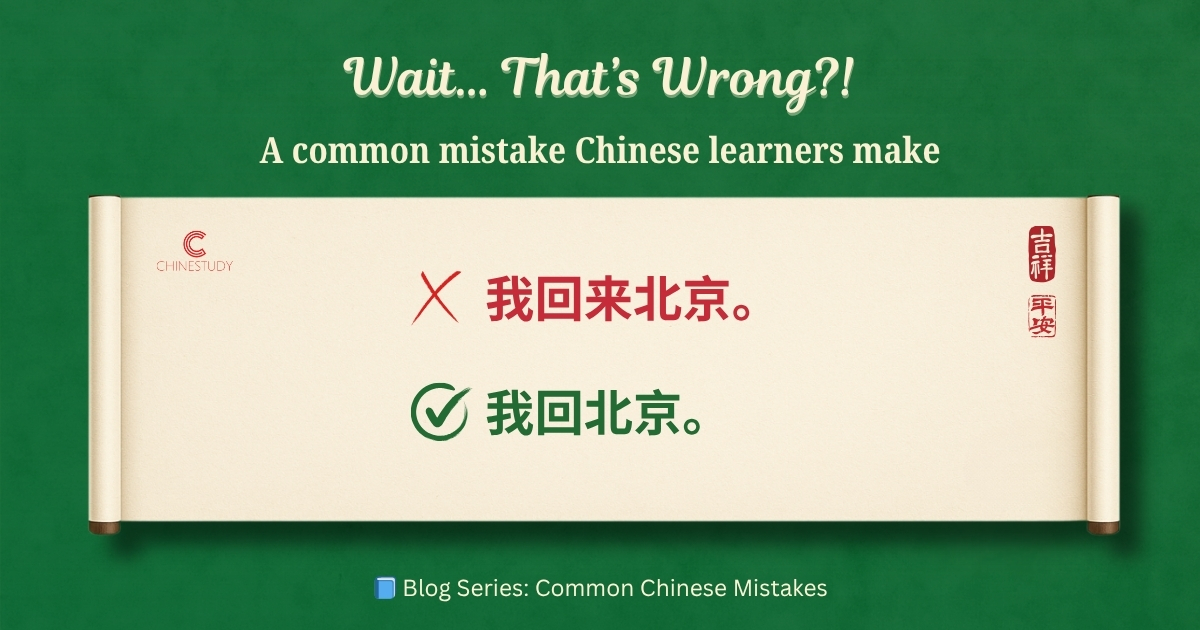
😅 我回来北京 – Wait… That’s Wrong?!
Learn why “我回来北京” is incorrect in Chinese and how to use 回, 回到, and 回来 naturally. Avoid this common mistake and speak like a native.
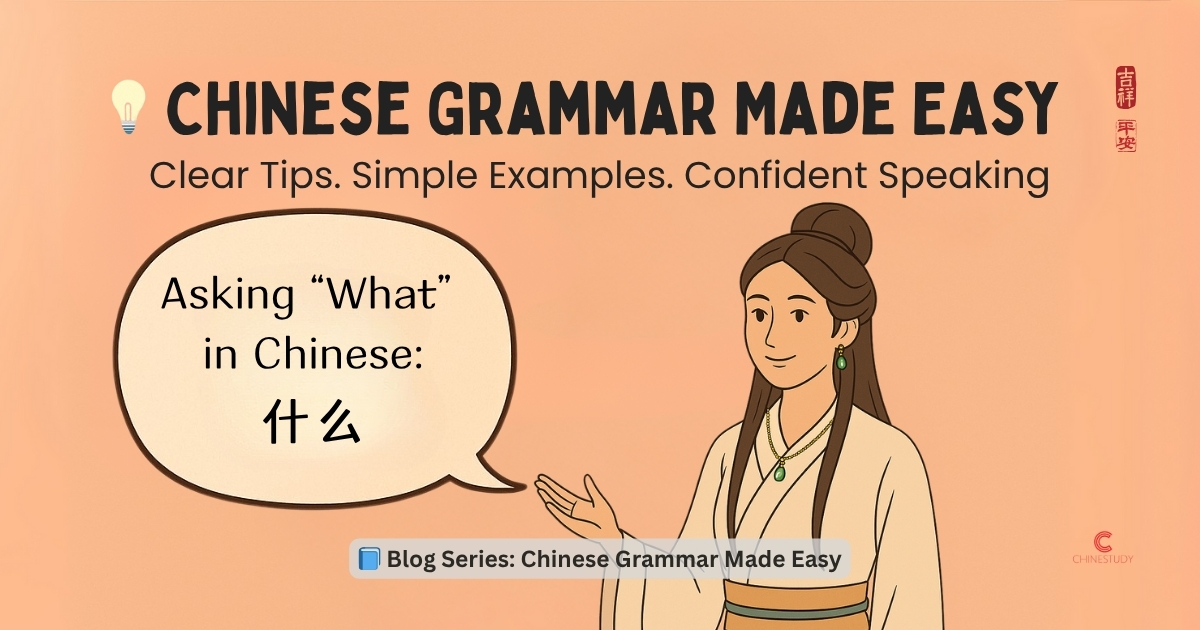
📝 Mastering “什么” (shénme) – The Essential Chinese Question Word
Learn how to use the Chinese question word “什么” (shénme) to ask “what” in daily conversations. With examples, tips, and practice sentences to sound natural in Chinese.
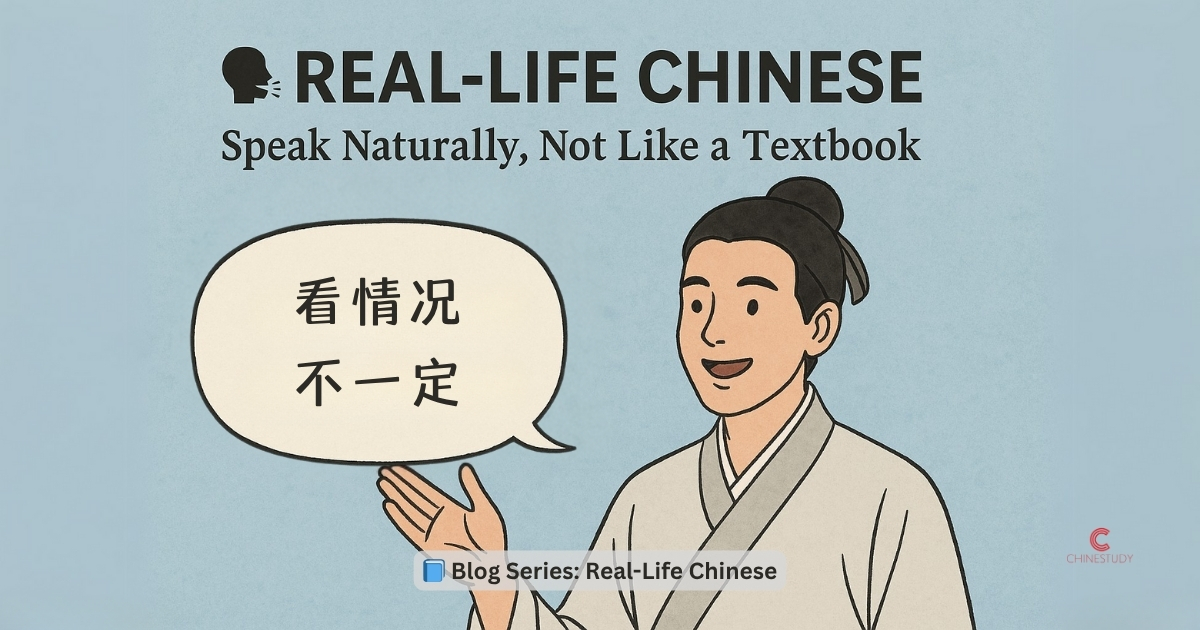
🗣️ How to Say “It Depends” Naturally in Chinese — Not Just “我不知道”
Want to say “it depends” in Chinese and sound natural? Instead of the textbook “我不知道” (wǒ bù zhīdào), try native phrases like “看情况” (kàn qíngkuàng) or “不一定” (bù yídìng) to sound more flexible and conversational.
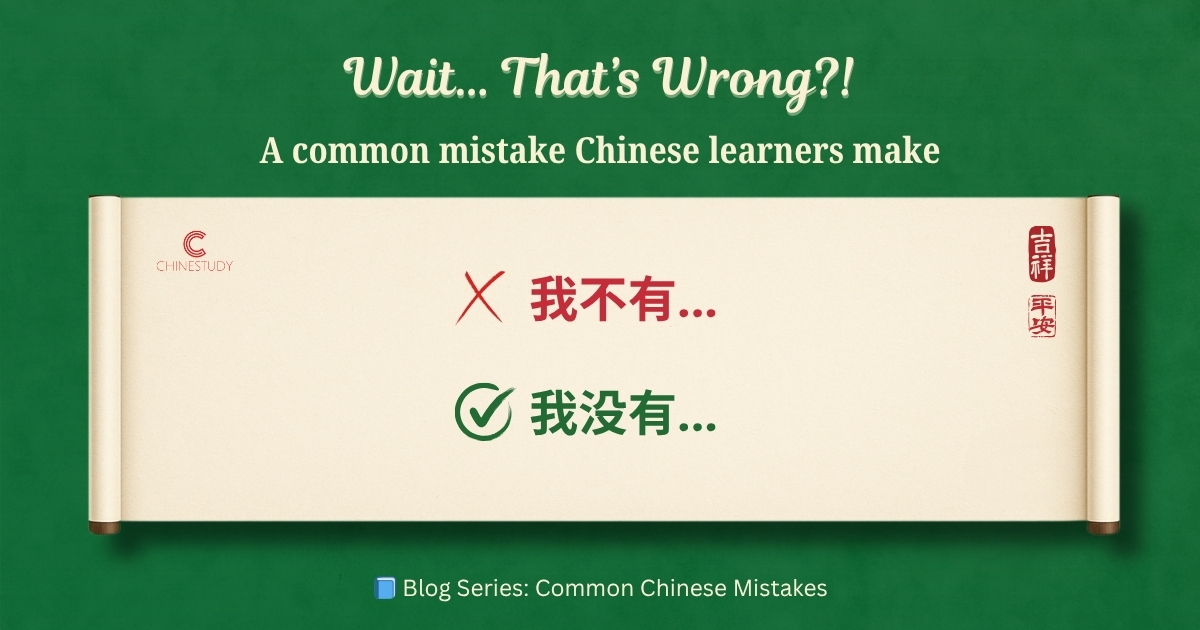
😅 我不有 – Wait… That’s Wrong?!
In Chinese, you can’t say “我不有” to mean “I don’t have.” The correct expression is “我没有.” Learn why “有” is always negated with “没” — never with “不,” and see easy examples to remember this rule.
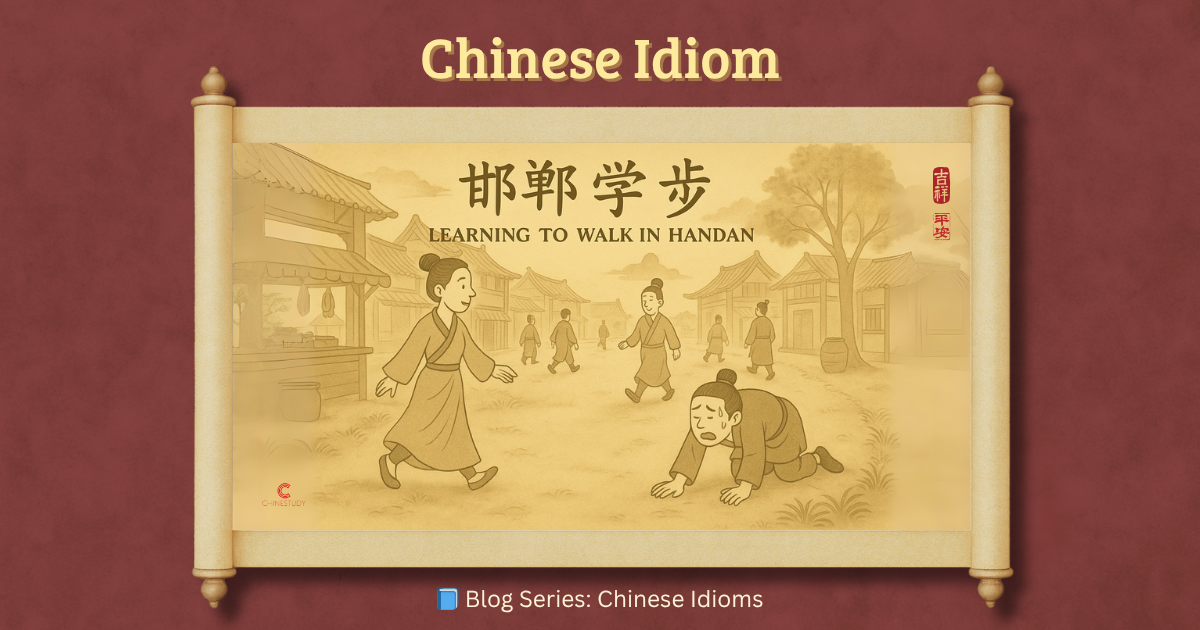
🚶 邯郸学步 Hán dān xué bù – Imitating Until You Lose Yourself
Learn how 邯郸学步 tells the story of a man who tried so hard to copy others that he forgot his own way of walking — a cautionary tale about losing yourself in imitation.
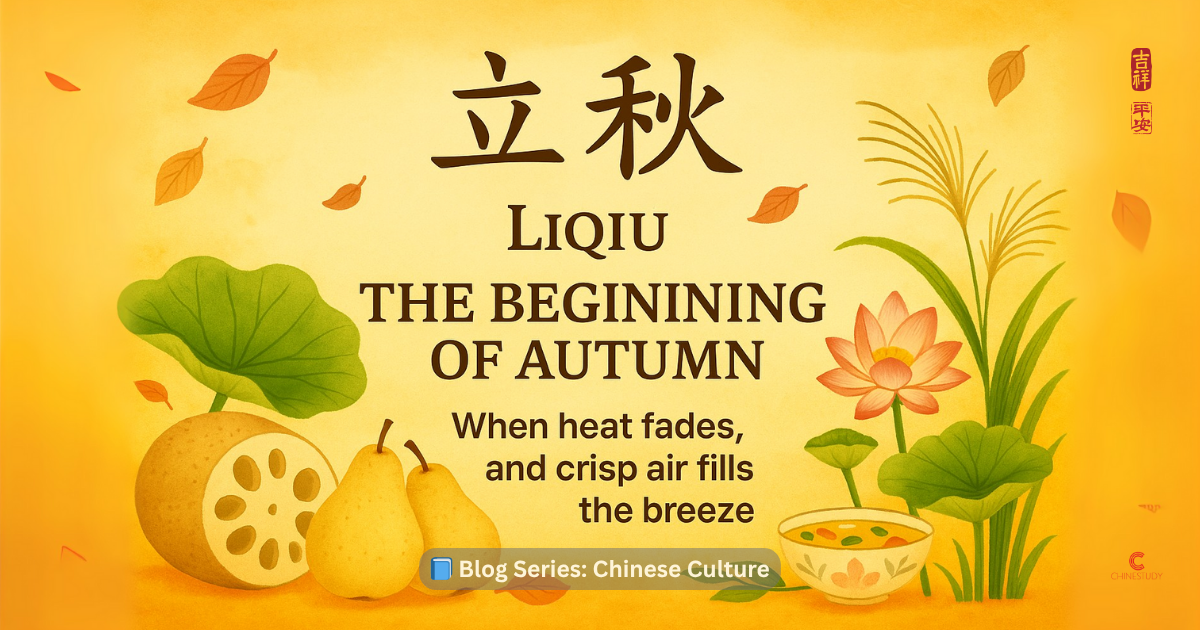
🍂 立秋 Lìqiū – When Autumn Knocks on the Door
Lìqiū (立秋) doesn’t shout — it whispers. And with it come changes in the wind, on your plate, and maybe… in your mood too.
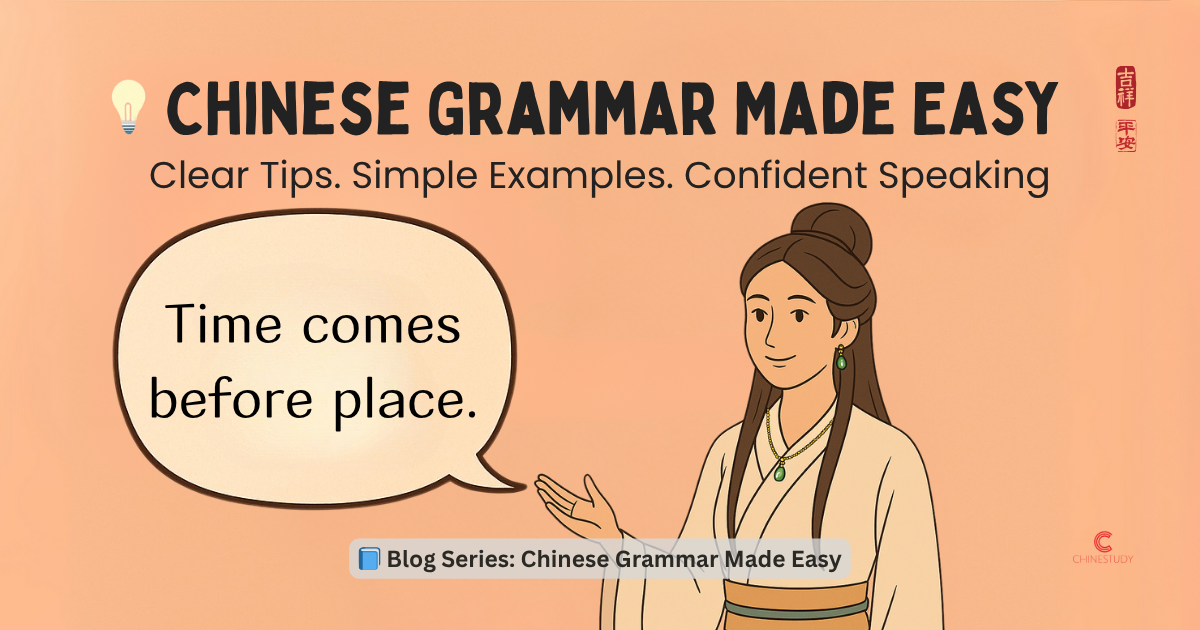
🧭 The Word Order for Time and Place in Chinese
Where do “yesterday” and “at home” go in a Chinese sentence? Learn the simple rule to master time and place word order — and avoid sounding awkward.
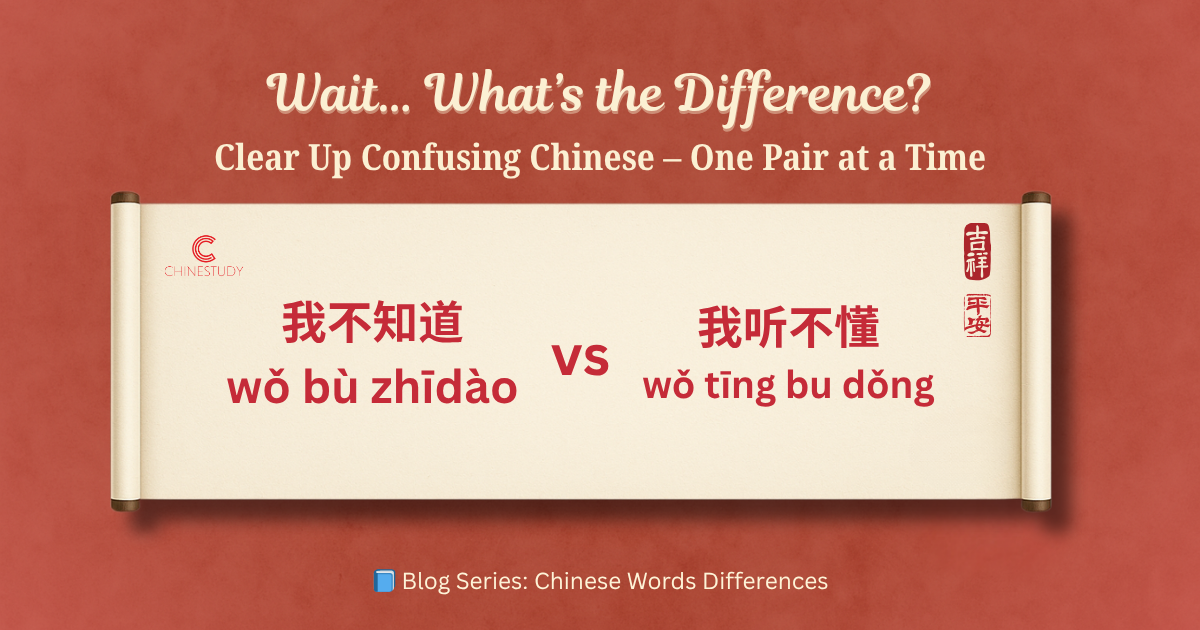
🤔 我不知道 vs 我听不懂 – What’s the Difference?
Think both mean “I don’t understand”? Not quite! Learn the real difference between 我不知道 and 我听不懂 — and when to use each in Chinese conversation.
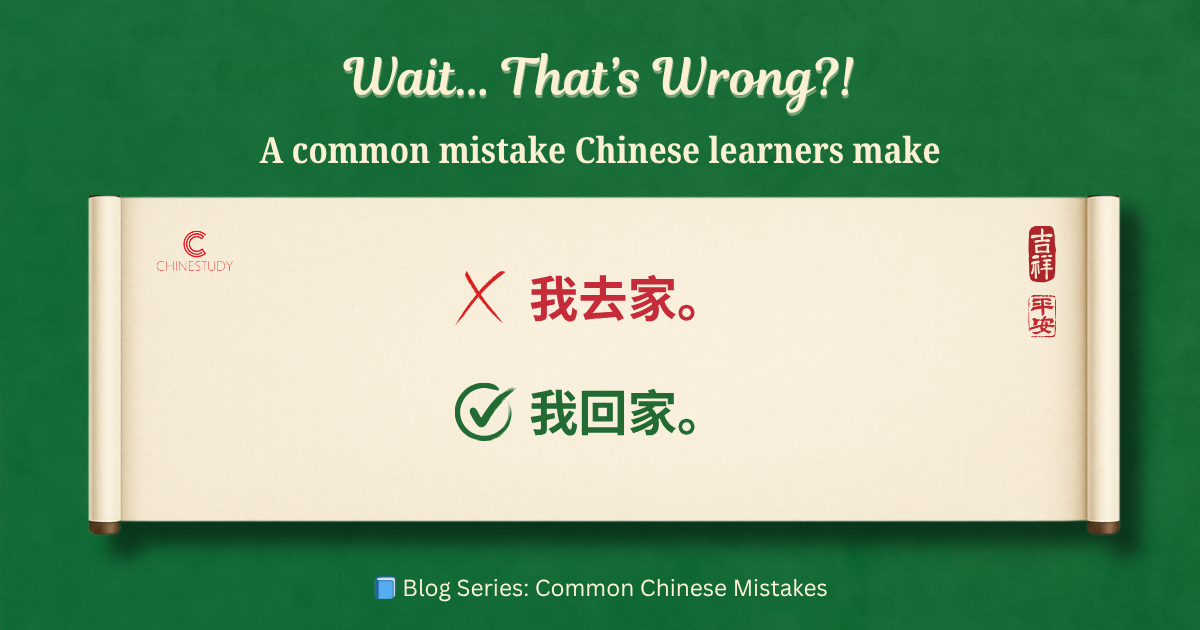
🏠 回家 vs 去家 – Why "Go Home" in Chinese Needs the Right Verb | Common Mistake Guide
Think “我去家” means “I’m going home”? Not quite! Learn why “回家” is the correct way to say it — and sound more natural in Chinese.
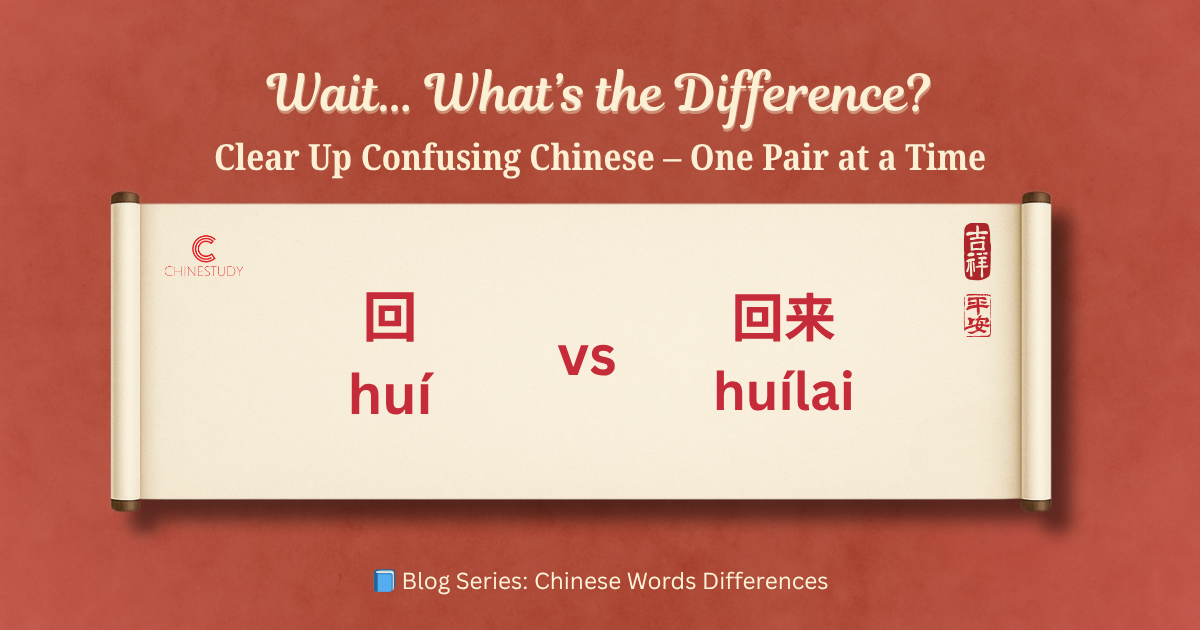
🔄 回 huí vs 回来 huílai – What’s the Difference?
Not sure when to use 回 or 回来? They both mean “to return,” but they’re not always the same. This blog shows you the real difference — with simple tips and clear examples.